Note: This review contains spoilers for both Past Lives and Eternal Sunshine of the Spotless Mind
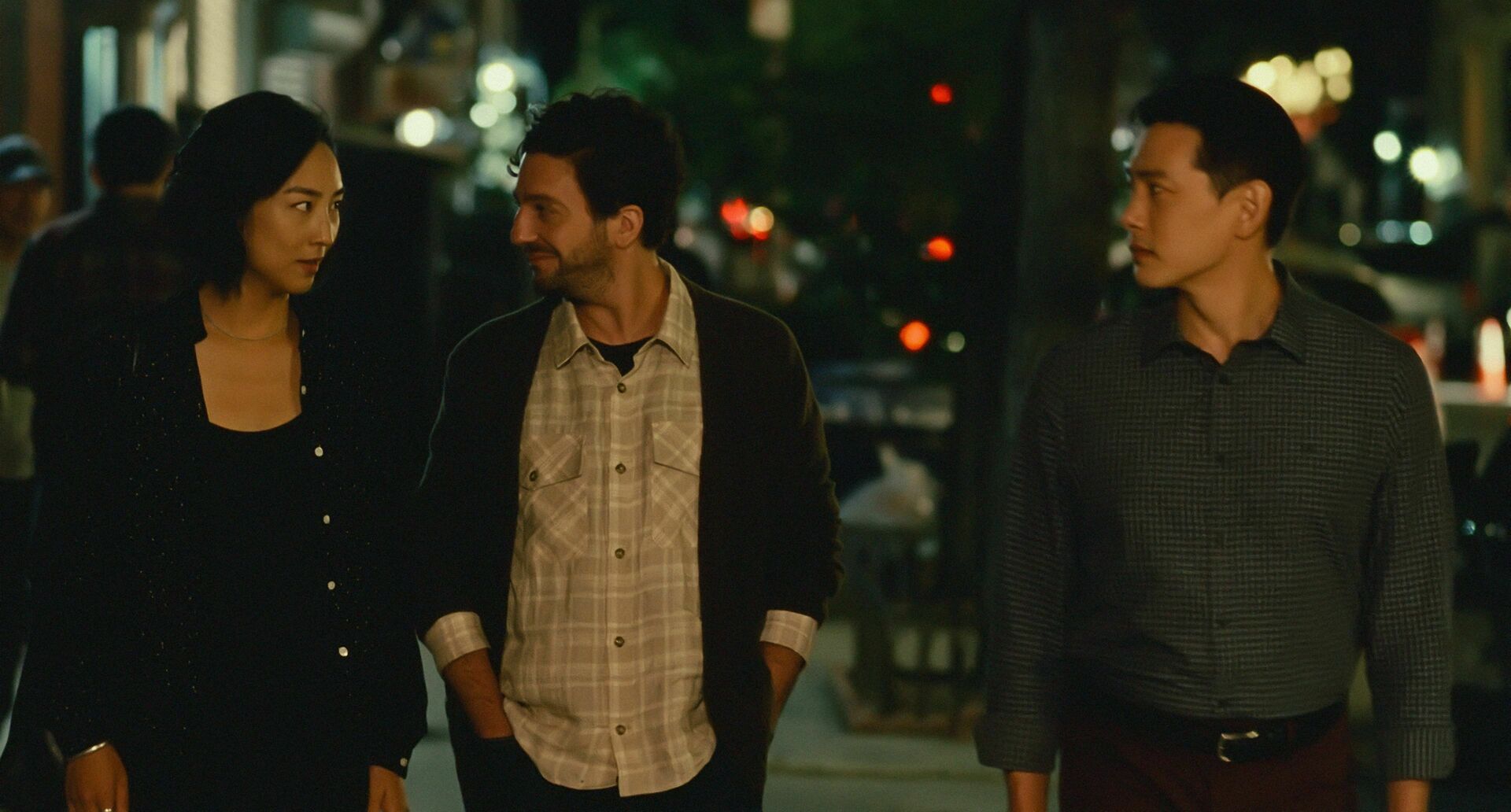
With your body next to me, its sleepy sighing
Sounds like waves upon a sea too far to reach
– Okkervil River, “Seas Too Far To Reach”
You dream in a language that I can’t understand.
It’s like there’s this whole place inside of you where I can’t go.
– Arthur to Nora, Past Lives
I can’t remember anything without you.
– Joel to Clementine, Eternal Sunshine of the Spotless Mind
There’s an early exchange in Past Lives that I can’t seem to shake. Nora has just been accepted to an artist residency in Montauk, and she’s sharing the news with Hae-Sung over Skype. She’s clearly excited, and who could blame her? Writing professionally has been a dream of hers ever since she was a twelve-year-old “crybaby” in Seoul, and here it is, her first big break—a moment of validation, likely the first of its kind, and a possible springboard from academia into a full-fledged career. But the first thing she says to him has nothing to do with careerist aspirations or practical concerns. Instead, she’s swept up in the romantic idea of the location itself: “Eternal Sunshine of the Spotless Mind.”
Celine Song and I are almost exactly the same age; by all context clues, so is Nora. And while I can’t speak to their lives, I can speak to mine: Back in grad school, I had this tendency to imagine my life in the artistic third person. A sleep-deprived marathon for a conference submission was a knotted run-on sentence in a postmodern novel; a blurry cab ride to the airport at sunrise became a shoegaze soundtrack, a melody etched in negative space; a solo cocktail in a hotel lobby bar involved 35mm film grain and a gentle fade to black. “Main character syndrome” is accurate but feels misleading, somehow. I wasn’t trying to make my life bigger so much as lend meaning to its smallness, using the only language I had at my disposal: the art that I consumed.
Virtually the whole of my identity at this time was wrapped up in my “favorites.” Author: David Foster Wallace.1 Band: Okkervil River. Movie: Eternal Sunshine of the Spotless Mind. These were hidden treasures I’d discovered when I was at my most malleable: art which moved me, challenged me, became a prism through which I could rectify the world and my place in it. When I evangelized my favorites to you—and oh, trust me, I would—it wasn’t meant to be a litmus test so much as a bid for connection. Only by sharing a vocabulary could you properly understand me. And that was love, as best as I could figure: to be fully seen, fully understood.

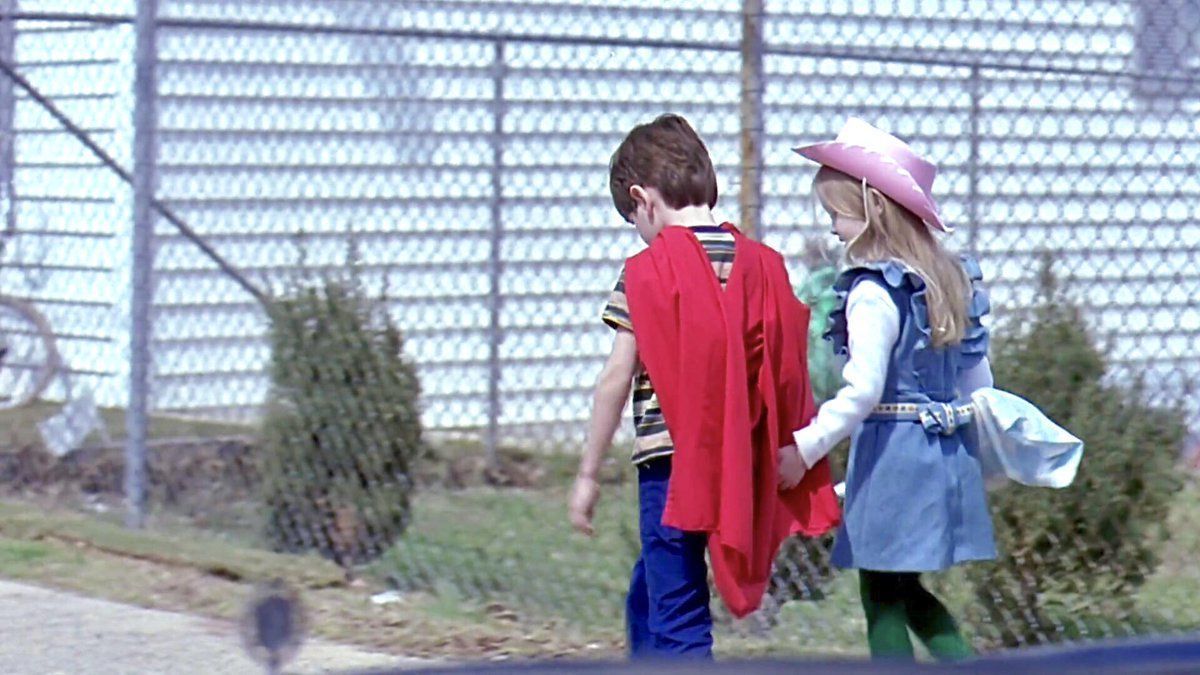
Few works of art stoked that desire in me quite like Eternal Sunshine of the Spotless Mind. Specifically this image: Joel and Clementine, hand in hand, barreling through the deepest recesses of Joel’s mind. His anxieties, his neuroses, his foundational scars, all of them laid bare and beautiful, communally shared. Those gnawing regrets he can now perfectly atone for; those room-splitting silences he can now give voice to, explain. The gap between intention and action, between the perfect pitch we hear in our heads and our atonal attempts to transpose it—all of those barriers that make being a person feel impossible, in this fantastical vision cease to exist. Clementine can finally see Joel exactly as Joel sees himself. Or, rather, his internalized version of Clementine can.
If that last caveat seems like a crucial distinction, the young idealist in me had no issue ignoring it. Joel’s memory of Clementine was Clementine as far as I was concerned.2 She was, after all, an inextricable part of his psyche: the logical conclusion of his honest journey inward, a retroactive fulfillment of even his childhood desires, a Grand Unified Theory Of Joel who made all of his misshapen wants add up to something elegant, profound. Joel and Clementine were soulmates, destined to meet and re-meet in Montauk a thousand times over because it was tautologically correct, because they could be no other way. Having recognized the essential truth of their relationship, love demanded that Joel move heaven and earth to preserve it. Whether the real Clementine who erased him would be inclined to agree…well, to me, this was never a question. She had to agree, because it was right. It was the perfect love story.
In my early 20s I carried a similar conviction, a faith in the hard truth of inherently soft things. It manifested itself in my ranking of art, in my narrow political certainties, and especially, most damningly, in love. Whether coaxing crushes into relationships by way of grand gestures or crafting impassioned arguments to save ones that had already ended, I behaved as if the gap between outside and inside hinged only on myself. On my ability to make others see things as I saw them. As if the tiny carbon copy of other people I carried in my head comprised the whole of their identity: living concepts I could interrogate, plug in to philosophic formulas and output unassailable proofs. If I had earnestly introspected and concluded that we were meant to be together, cinematic logic compelled me to fight for it. The alternative was to lose something once-in-a-lifetime, something about which I had been certain.

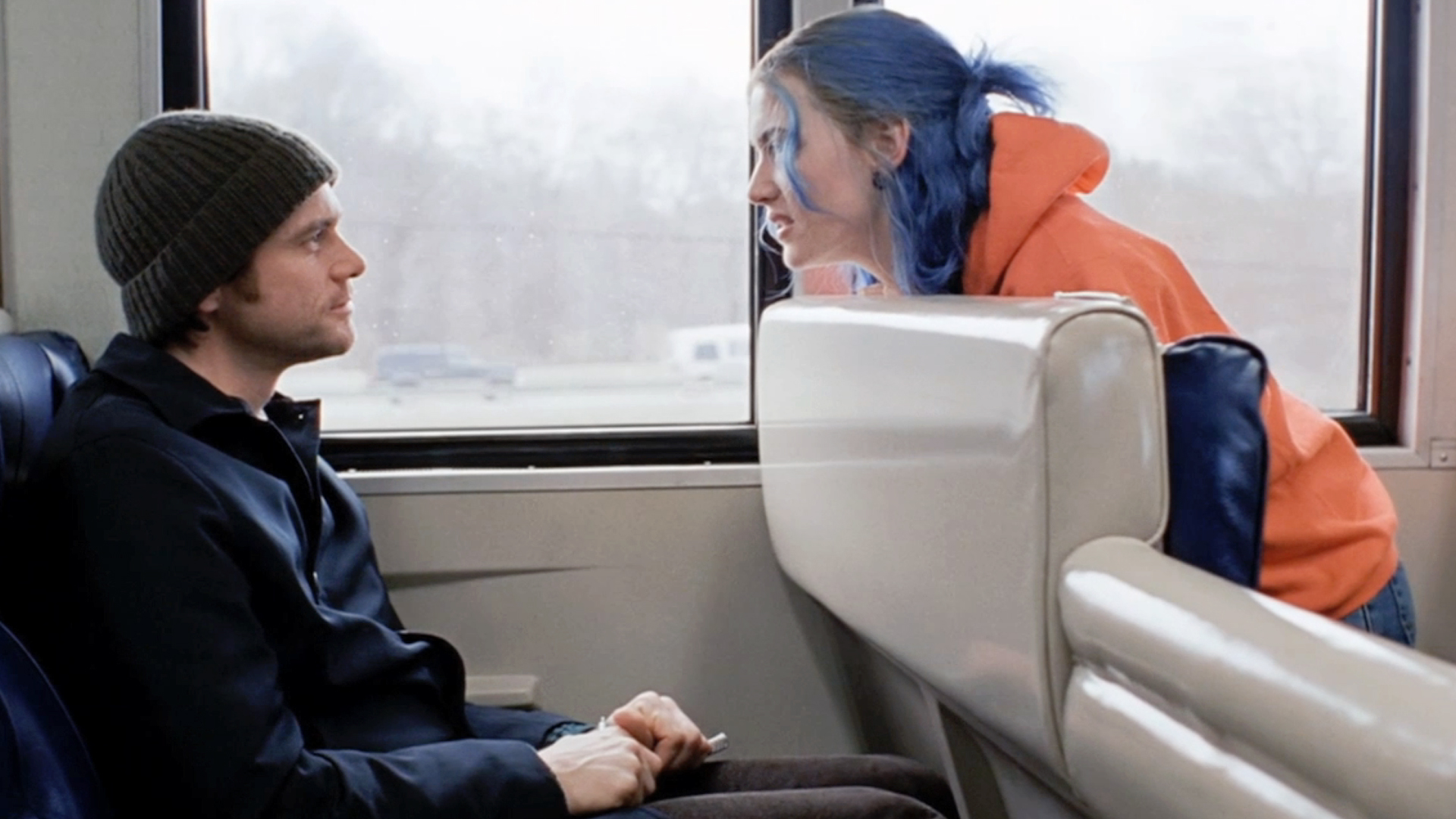
Hae-Sung is making his own grand gesture of sorts in the third act of Past Lives: a last-ditch effort to right what the universe has wronged. He has loved the carbon copy of Nora that lives in his head for some 24 years, been certain that she was “the one,” and the audience is given every reason to agree with his assessment. After all, he and Nora share a wordless connection, a history, a culture. We open with them together in her childhood memory, that malleable place where Joel could only project Clementine retroactively. They recur in each other’s stories, and when they intersect they literally converse in the language of her dreams. “Childhood sweethearts who reconnect twenty years later and realize they were meant for each other”—it’s a narrative Hae-Sung himself might have drafted in the artistic third person. He may not quite know what he’s hoping to accomplish as he boards that 14-hour flight to JFK, but the impulse that carries him is all too familiar: a relentless conviction of the heart.
Whereas Arthur feels uncertain, and for very good reason: In any literary analysis pitting him against Hae-Sung, there’s no question of who comes out on top. Arthur has no access to the world of Nora’s dreams, try though he may to study up on the vocabulary. As for memory, he only catches whatever fragments she chooses to express. And if she hadn’t met him in Montauk, some other warm body may well have taken his place. Their marriage is, at its root, a matter of happenstance—there’s no elegant theory of why they must always be so. A thousand different lives might have yielded a thousand different husbands, parallel tracks leading Nora to alternate versions of “happy.” Better or worse? Who could say? That conversation they have after Hae-Sung’s first visit is my favorite part of Past Lives because it’s so achingly honest, borne of yet another too-familiar feeling: impotence. Insufficiency. The recognition that you might be less than enough, and that it isn’t within your power to change it. To Arthur’s spiraling neuroses, Nora has only this to add: “You’re forgetting the part where I love you.”
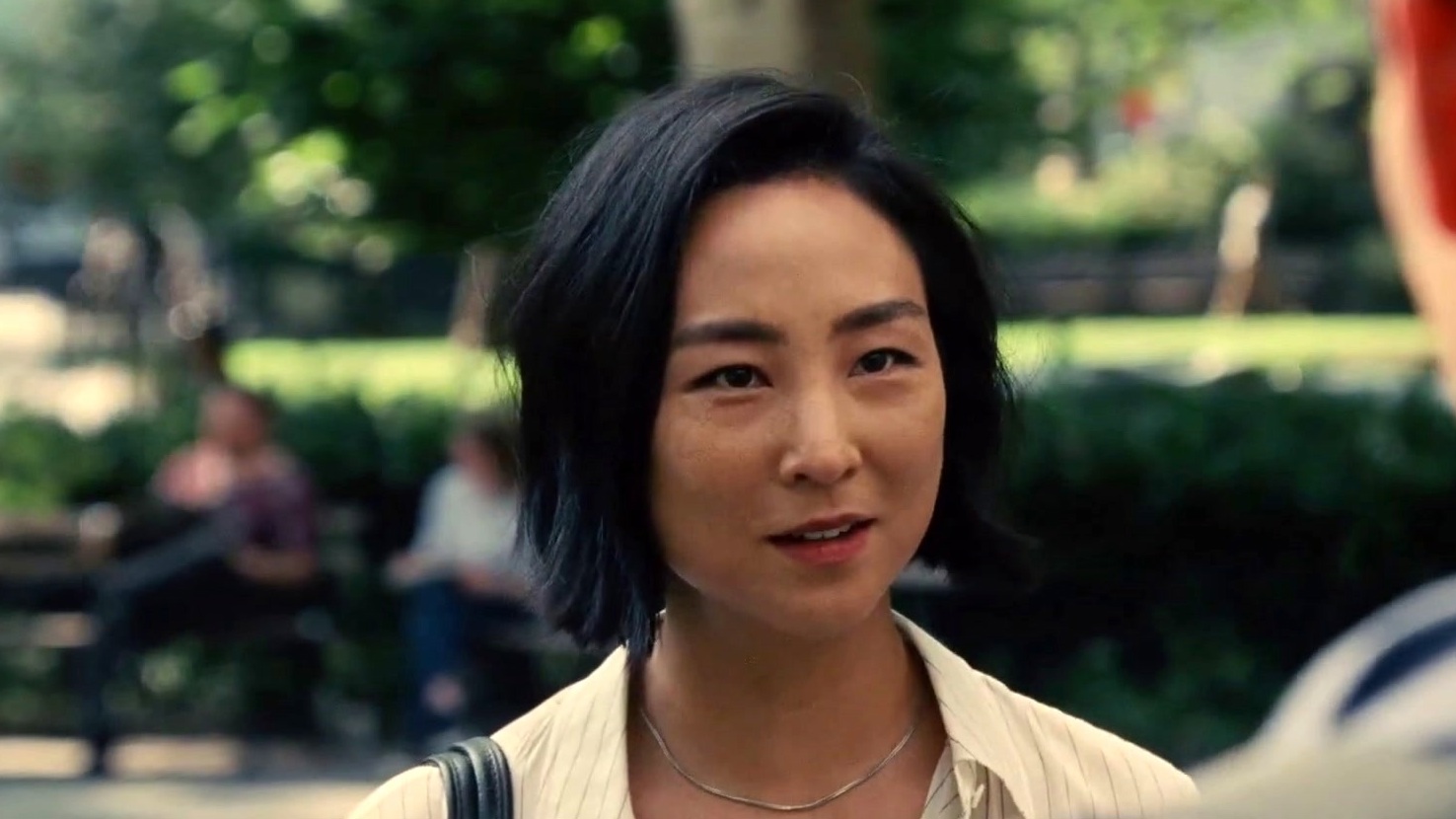
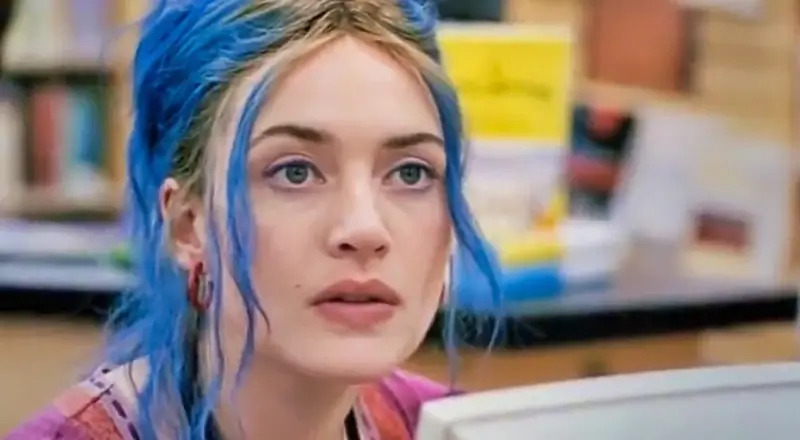
Sometimes it’s easy to overthink things, to forget what really matters. Nora—not the mental mirror image Hae-Sung has adored since twelve, not the novelistic concept Arthur (only half-jokingly) critiques, but the real, flesh-and-blood protagonist at the heart of Past Lives—her decisions and actions are hers alone, and they matter not because they’re “meant to be” but because they actually happened. Her presence is a tangible, valuable thing. Her love is a continual choice. And she possesses more inside than could ever be perfectly shared. Essential parts of her identity (as Korean, as immigrant, as individual) Arthur will never fully understand; years of hard-fought, uncinematic closeness, of separate sets of roots straining to share soil, which Hae-Sung cannot romanticize or theorize away. Of course Arthur is feeling less than enough; of course he isn’t Nora’s everything. The infinite interiority of Nora’s life and the ghosts of other lives she carries alongside her—that impossible scale which resists comprehension, which will forever keep him on the outside looking in—it isn’t a barrier to love, it’s love’s essence. “You make my life so much bigger.” Any version of Nora that could fit in his head would never be capable of widening him.
It took me years of false starts to learn this lesson, and I suspect I’ll spend my whole life continuing to re-learn it. That love is not about winning or possessing or making them understand, as if the only thing keeping them from recognizing my own inherent rightness were a lack of understanding, a faulty transmission. To truly love someone is to open yourself up to their enormity; to be reminded of the size and shape of everything you do not know, an immersion in a language you’ll never speak with perfect fluency; to be wrong, repeatedly, and (if you manage to stay vulnerable) to let that wrongness make you bigger. My marriage should shape me. My friendships should challenge me. My worldview should be continually fractured and re-formed. If my grad student self saw life as an honest journey inward, today, when I’m at my best, I strive for outwardness, awareness. Collisions to knock me outside of myself.
Collisions. Encounters. Inyeon. Hae-Sung and Arthur, two competing characters in the novelization of Nora’s story, sharing an improbable 3am drink. They don’t have to exist as opposite sides of an argument, because what Nora is wrestling with has nothing to do with a proof: There’s no correctness in love, no single right way to be, no predestined meeting in Montauk. The favorites of my youth which I’d mistaken for guidebooks, they were just a handful of paths among many—art brushing past me and imprinting fragments of truth, inherently bound by experience. What I adore about Past Lives is that it makes room for the whole of it; it doesn’t ask us, or its characters, to choose. Hae-Sung can honor his love without forcing an ultimatum. Nora can grieve one possibility even as she commits to another. She can be honest with Arthur about everything Hae-Sung shakes loose, and Arthur can intentionally see it as goodness. (“I’m really glad you came here. It was the right thing to do.”) They can stay open to these parallel trains out of Montauk, receive their rumbling underfoot not as a threat but opportunity—a chance to find beauty in the scenic route not taken, to be made wider by the presence of other stories. “Perfect” is a point that insists upon itself, repeating forever, incapable of change. Past Lives isn’t a perfect love story. It’s something better.
-
Footnote reference very much intentional, but also: Patricia Lockwood just published a brilliant essay on Wallace’s complicated legacy (magnetic/infuriating/dazzling/self-aggrandizing/violently misogynistic) and what it means to wear an artist as an identity, to in a small way “become” them. She gives voice to this stuff way better than I could hope to.↩
-
Make no mistake, I revere Eternal Sunshine and still consider it among my very favorite movies. This isn’t a critique of the text of the film, so much as of my clumsy attempts to emulate it in my youth. Watching later in life, especially paired with Kaufman’s later work like Anomalisa and I’m Thinking Of Ending Things, it feels shocking how little I absorbed a key piece of subtext the script was quite literally shouting it at me: Clementine repeatedly insisting that she’s a person, not a concept, while the detritus of Joel’s memory crumbles around her.↩